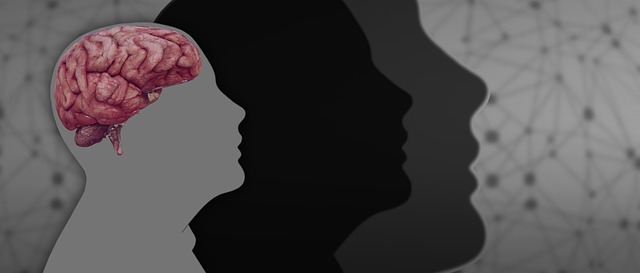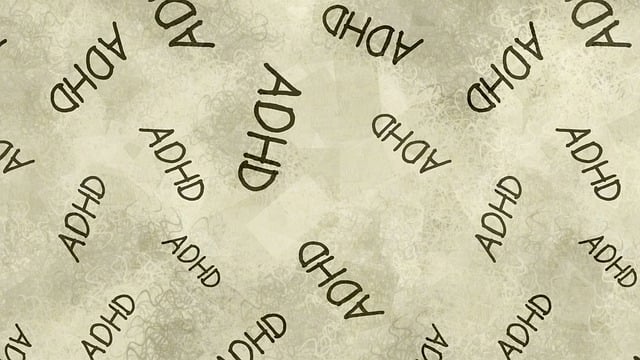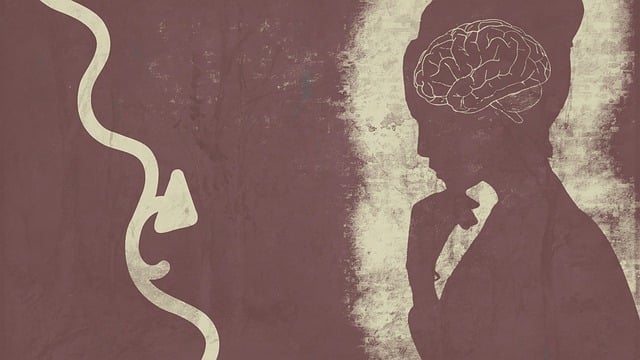Mental Health Crisis Hotlines in Lafayette offer 24/7 support for emotional distress, including spiritual-religious issues, through confidential conversations with trained professionals. These services assess risk, promote self-awareness, and reduce stigma, providing coping strategies and access to care for depression, anxiety, and suicidal thoughts. Lafayette Spiritual-Religious Issues Therapy combines faith and traditional therapy methods, offering evidence-based practices and Mind Over Matter principles to develop conflict resolution techniques and inner peace. Accessing these specialized services is crucial for addressing complex psychological distress, with future strategies focusing on innovative practices, early intervention, community engagement, and technology for remote support.
Mental health crisis hotline support services play a vital role in addressing urgent psychological needs. In this article, we explore the significance of these resources, with a particular focus on the unique approach offered by Lafayette Spiritual-Religious Issues Therapy. We’ll guide you through understanding crisis hotlines, their operational aspects, and effective access strategies. Furthermore, we delve into common challenges faced and future directions for enhancing crisis support services.
- Understanding Mental Health Crisis Hotlines
- The Role of Lafayette Spiritual-Religious Issues Therapy
- How to Access and Utilize These Services Effectively
- Common Challenges and Future Directions for Crisis Support Services
Understanding Mental Health Crisis Hotlines

Mental Health Crisis Hotlines serve as vital resources for individuals facing acute emotional distress or experiencing a mental health crisis. These 24/7 services provide immediate support, offering confidential conversations with trained professionals who can offer guidance, coping strategies, and access to appropriate care. Whether it’s related to depression, anxiety, suicidal thoughts, or spiritual-religious issues in Lafayette, these hotlines are designed to stabilize individuals and help them navigate their challenges.
Understanding the importance of early intervention and prevention, many crisis hotline services also conduct risk assessments for mental health professionals, ensuring that those in need receive appropriate care. By promoting self-awareness exercises and engaging in Mental Illness Stigma Reduction Efforts, these hotlines foster a supportive environment where individuals can openly discuss their struggles without fear of judgment.
The Role of Lafayette Spiritual-Religious Issues Therapy

Lafayette Spiritual-Religious Issues Therapy plays a pivotal role in addressing mental health crises by offering specialized support that integrates spiritual and religious beliefs with traditional therapy methods. This unique approach recognizes the profound impact that one’s faith or belief system can have on their emotional well-being, providing a safe space for individuals to explore and express their spiritual struggles alongside their mental health concerns.
Through evidence-based practices and the application of Mind Over Matter principles, therapists equipped with Lafayette Spiritual-Religious Issues Therapy training empower clients to develop effective conflict resolution techniques. This holistic support helps individuals cultivate a sense of inner peace, resilience, and hope, thereby boosting their confidence in managing acute stress or traumatic events. By bridging the gap between spiritual and mental health, this therapy service offers a comprehensive solution tailored to address the nuanced needs of each client.
How to Access and Utilize These Services Effectively

Accessing mental health support is a crucial step towards self-care and well-being. For those seeking guidance with spiritual or religious aspects of their mental health, Lafayette offers specialized services tailored to unique needs. The first step is recognizing when you or someone close to you requires assistance; this could be due to persistent feelings of sadness, anxiety, or any unusual behavior changes. Once identified, don’t hesitate to reach out.
Effective utilization involves sharing your experiences openly with trained professionals who can provide therapy and offer resources for self-care practices. Cultural sensitivity in mental healthcare is essential, ensuring you feel understood and supported. By combining talk therapy with positive thinking techniques, individuals can navigate their crises and develop long-lasting coping strategies.
Common Challenges and Future Directions for Crisis Support Services

Crisis support services face several challenges in meeting the evolving needs of individuals experiencing mental health crises. One significant hurdle is keeping pace with the diverse and complex nature of contemporary psychological distress, which can stem from a wide range of factors including trauma, social isolation, financial strain, and spiritual-religious issues. Addressing these challenges requires a multifaceted approach that transcends traditional therapy models.
Looking ahead, there is a growing emphasis on integrating innovative practices such as compassion cultivation and stress management workshops to enhance the effectiveness of crisis support services. Additionally, the design of mental health education programs can play a crucial role in promoting resilience and early intervention. By fostering community engagement and leveraging technology for remote support, these future directions aim to ensure more accessible, comprehensive, and tailored care for those in need, including individuals seeking support for Lafayette spiritual-religious issues therapy.
Mental health crisis hotline support services play a pivotal role in providing immediate assistance and long-term solutions. As highlighted, Lafayette Spiritual-Religious Issues Therapy offers a unique perspective by integrating spiritual and religious practices, enhancing the effectiveness of care. Understanding how to access and utilize these services is crucial for anyone facing mental health crises. By addressing common challenges and exploring future directions, we can ensure that crisis support services continue to evolve and better serve those in need.











